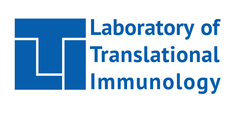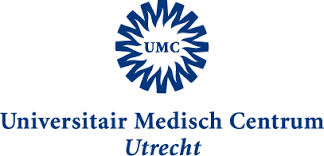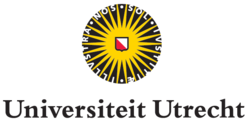
Utrecht Center for Quantitative Immunology

|
Aridaman PanditTheoretical Biology and BioinformaticsFaculty of Sciences Utrecht University |
- development of bioinformatics pipelines to study the within-host viral evolution using deep sequencing data sets.
- development of agent-based model to study the evolution of diversity in antigen presentation pathways.
- development of stochastic mathematical models to study the commitment of T cells to different lineages for immediate and long-term immune response.
Key publications
- Pandit A, de Boer RJ (2013) Reliable reconstruction of HIV-1 whole genome haplotypes reveals clonal interference and genetic hitchhiking among immune escape variants. arXiv:1309.6939.
- Pandit A, Dasanna AK, Sinha S (2012) Multifractal analysis of HIV-1 genomes. Mol Phylo Evol 62(2): 756.
- Pandit A, Sinha S (2011) Differential Trends in the Codon Usage Patterns in HIV-1 Genes. PLoS ONE 6(12): e28889.
- Pandit A, Sinha S (2010) Using genomic signatures for HIV-1 sub-typing. BMC Bioinformatics 11(S1): S26.
Members
Jose BorghansRob de Boer
Julia Drylewicz
Can Kesmir
Aridaman Pandit
Leila Perie
Kiki Tesselaar
Johannes Textor
Nienke Vrisekoop
Research
Epitope identificationLymphocyte dynamics
Lymphocyte migration
Relevance
More
UCQI homePhD students
Open positions/projects
Agenda
Publications (pubmed)


